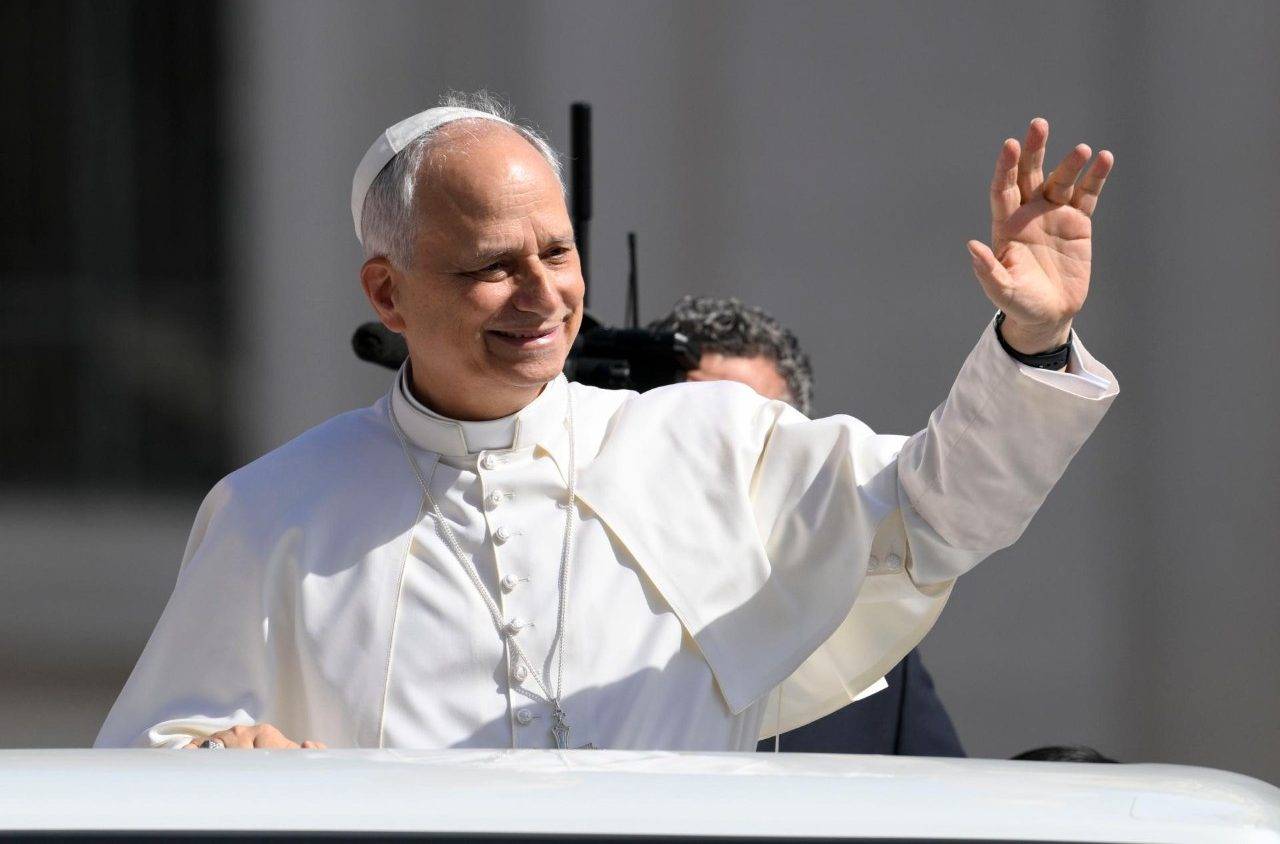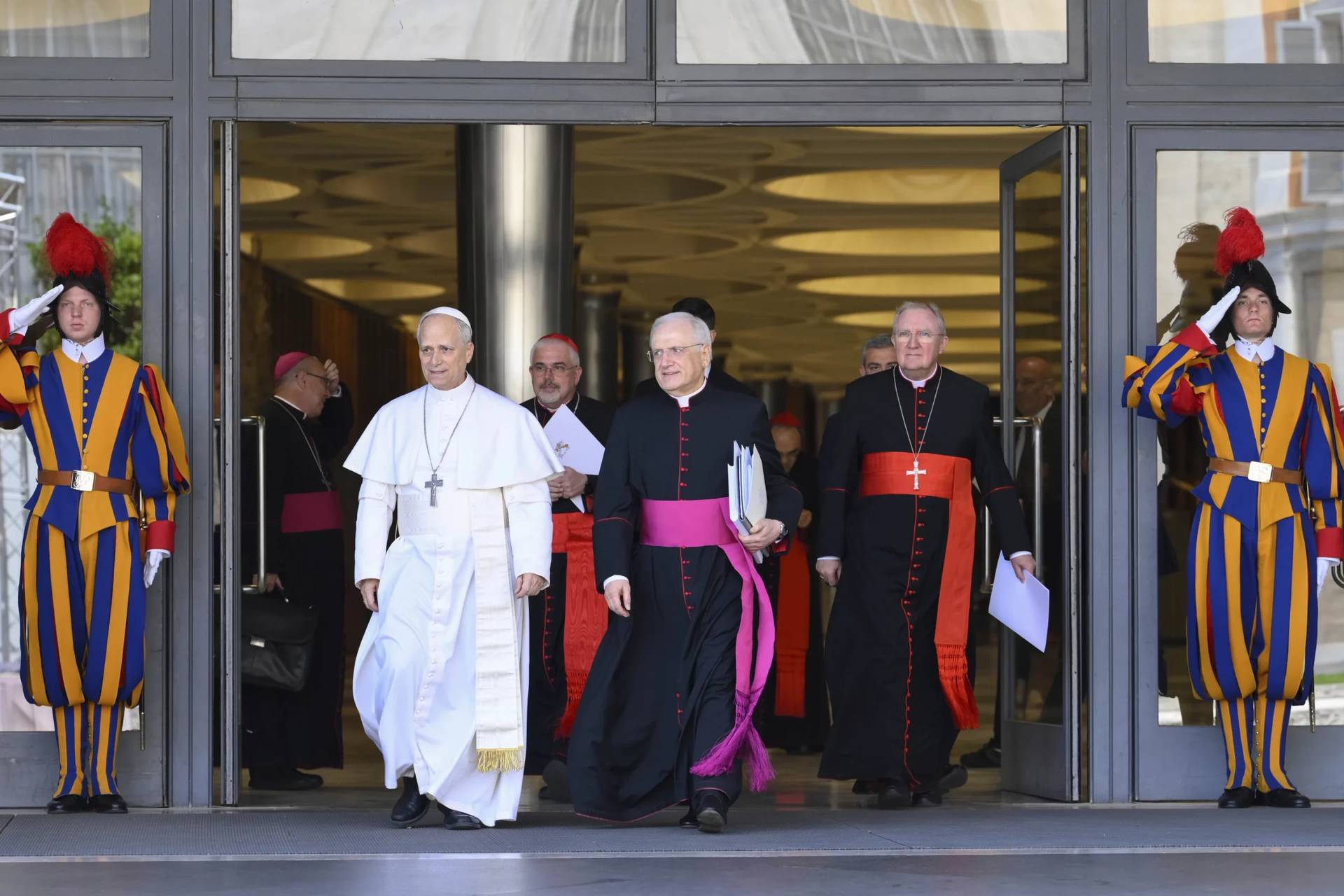Now I know why I felt a deep dread when the British prime minister, David Cameron, announced an in-out European Union referendum. Britain, the third most powerful country in Europe and the fifth largest economy in the world, has voted by a thin majority to leave, dealing the EU a massive blow.
Sterling has plunged, the prime minister will resign. Massive political, financial and economic uncertainty follow. The United Kingdom faces disunity, splitting down its Scottish and Irish borders.
This Referendum should never have been called. Rather than enabling a solution to real problems, it has divided our nation, forcing an artificial polarization that has ended in a disastrous outcome.
Imagine if, rather than call a two-year synod to deliberate on the issue, Pope Francis back in October 2014 had simply asked the Catholic bishops to vote on Cardinal Walter Kasper’s Orthodox-inspired proposal for a pathway back to the Eucharist for the divorced and remarried.
And imagine if, after a couple of weeks of debate, they were given a ballot paper that asked for a straight “yes” or “no”.
Here’s what would have happened. Rather than leading to a majority consensus reflected in a new, more pastoral approach to marriage and family, the church hierarchy would have descended into an ugly tribal shouting-match ending in bitter division and frustration.
Two parties would have battled it out: Team Doctrine v Team Mercy. Faced with a zero-sum choice between changing the rules or keeping them the same, bishops seeking pastoral flexibility and merciful attention to individual cases would have voted for the Kasper solution, even though many of them feared that it would open the door to divorce. Meanwhile, those bishops who feared that it would open the door to divorce would have felt obliged to vote against, even though many wanted more pastoral flexibility and merciful attention to individual cases.
Each side, in other words, would have been forced to vote according to their main concern, even though they agreed with the concerns of the other.
But they would have objected that this was not a binary choice. Doctrine and Mercy are not real alternatives, and forcing them into reductionist yes-no camps merely forced apart people who needed to come together to agree solutions to real problems.
Fortunately for the Church, that’s not what happened. However tense the process, the synod never polarized, and a third possibility emerged that produced a new, pastoral flexibility without eroding doctrine.
Sadly for Britain, that is what happened. Rather than forge consensus to deal with shared concerns, the referendum campaign tribalized the body politic, and made it harder to build consensus to address real concerns.
It began with a commitment on all sides to a civilized, respectful debate that would allow the British people to deliberate on the merits of staying in or leaving the European Union. But it fast descended into a rancorously abusive mud-slinging match.
Forced suddenly into “Leave” or “Remain” tribes, people were either in favor of uncontrolled immigration from everywhere for the good of global businesses, or in favor of no immigration from anywhere so we could “get our country back”. It was rule from Brussels, or rule from London; economic growth in the EU, or recession outside it; a Churchillian call for a united Europe, or a Churchillian call for an Atlantic Britain building a strong Commonwealth.
The nation fragmented. London and Scotland were for Remain, regional towns and cities — especially in depressed areas, and among the elderly — were for Leave.
Yet most British people, in reality, didn’t fit neatly into either camp. Even today an overwhelming majority of British people still believe in the goals of peace and economic cooperation that the European project has represented. But most also think Brussels is too bloated, bossy and bureaucratic.
Most people believe immigration has brought benefits to the UK, but most also believe that there has been too much, too fast, and that community has suffered. And while most understand that the UK has not surrendered its sovereignty but pooled it for the greater good, people also believe that Britain should have more say in the European decisions that affect us, and that European government should be more accountable.
What most of us didn’t say was that we resented being forced into making one of these views the reason for our vote.
One who did say it was the chair of the Leave campaign, a German-born Labor MP called Gisela Stuart who spoke at a debate I helped organize between Catholic politicians and pundits. Unlike the vitriolic battle outside the walls of Westminster Cathedral Hall, the Catholic Voices debate was courteous, respectful and considered, and produced the kind of listening and honesty the referendum campaign aspired to but never achieved.
Stuart argued that the EU had begun with the noblest of motives and had been a great success in forging peace, but was now driven by a top-down centralizing, expanding body that had used monetary union to ramrod the 28 nations into a federal state, and had failed the core social Catholic doctrine of subsidiarity.
Yet she also said that it made her “enormously angry” that the prime minister, David Cameron, had chosen to call this referendum. The British people, she said, should have had a vote after the Maastricht and Lisbon treaties, which created the single market and committed Europe to political integration. In those cases, the choice would have been clear: do the British consent to these new powers? But in this case, she went on, “it is an abuse of democratic processes to run a national referendum on the basis, ‘this is what I tell you is good, and the rest of you can make up what you think the alternative is.”
She went on to spell out that alternative, and it didn’t convince me, any more than it convinces me now. Those who led this revolt seem to be as shocked as everyone else. There is no real post-EU plan.
But her first point was right: this referendum presented a false choice, a choice defined by the government to suit its purpose, which was to unseat an insurgent UK nationalist party, and to resolve a civil war within the Conservative Party. It spectacularly failed.
Stuart was a reluctant Leaver. I was a reluctant Remainer. The Government argued for the position I backed, yet for reasons that were wholly negative and egotistical — for maximum benefit with minimum commitment. There was no question of seeking the good of the UK in the good of the EU, only in securing a “special status” that allowed Britain to be free of its currency, its border, its political ambitions (etc.) in exchange for access to the world’s biggest single market.
Ultimately, that dispiriting narrative proved less attractive than the Leave campaign’s simple appeal to the idea of restoring sovereignty, and “taking back control”.
Britain had an opportunity through this process to do what Pope Francis invited the synod to do back in 2014: to express ourselves freely, to listen carefully to the views of others, and to be open to the new thing the Spirit might bring.
Francis, the master of Ignatian spiritual discernment, knew that if the synod split and both sides grew further apart, it was a sign that the Devil had the ball; but that if convergence around a new consensus were built, the Good Spirit was in play.
By its fruits you shall know: Britain today is more divided, more bruised, and further apart from building a consensus than it was before this campaign.
A consensus could have been built around a positive vision for Britain in Europe in which — as the social-Catholic ResPublica report has framed it — the UK leads, rather than leaves, the EU: reforming it, making it more accountable, building its local institutions, and helping it to move from its federalist fantasies to a new, realistic, union of nations.
But unlike Francis’s synod, no such consensus was built, we are more divided than before — and a generation of hard work in building bonds has been brutally cast aside.
Britain may have the mother of parliaments. But when it comes to political decision-making, it has much to learn from the world’s oldest monarchy.















